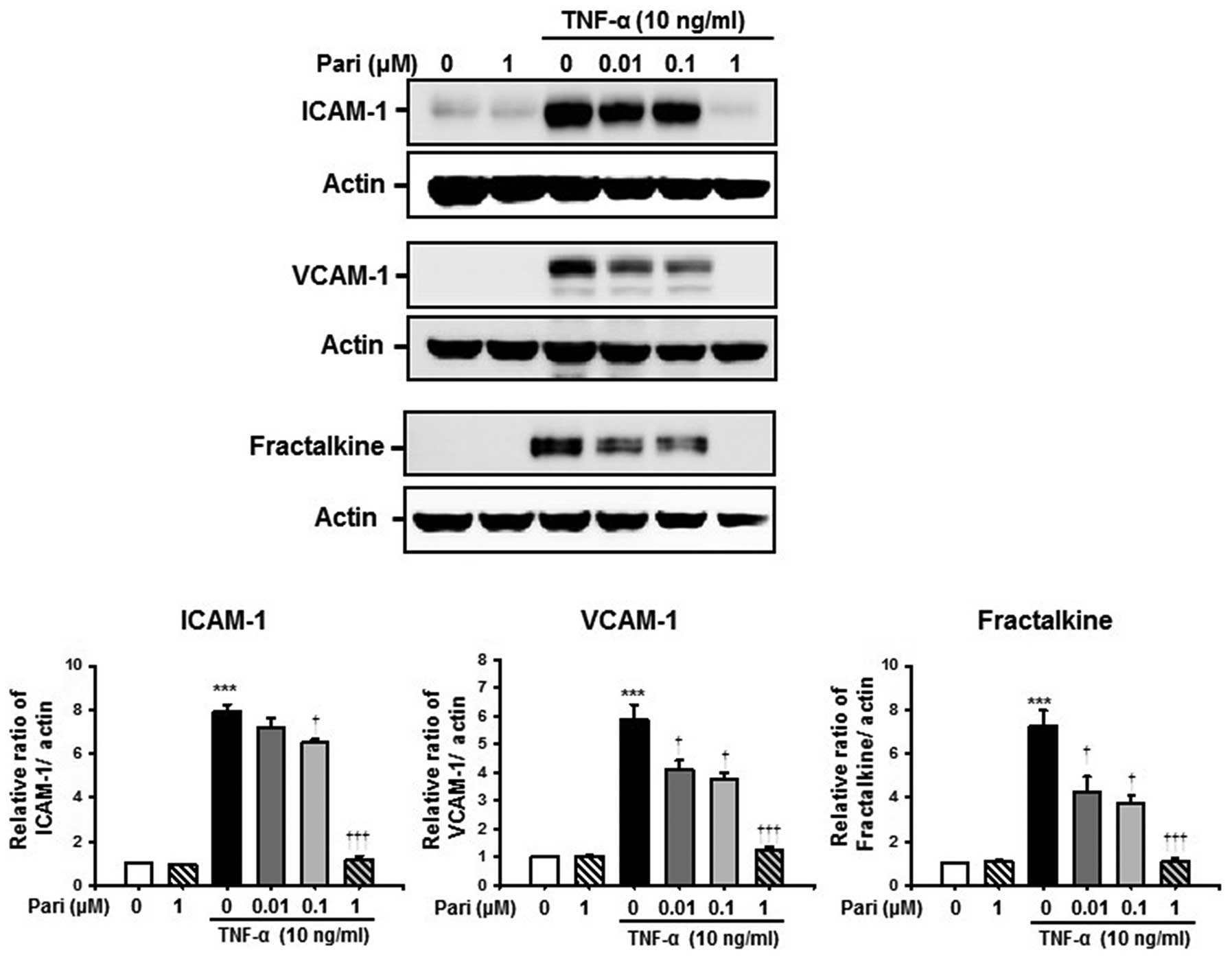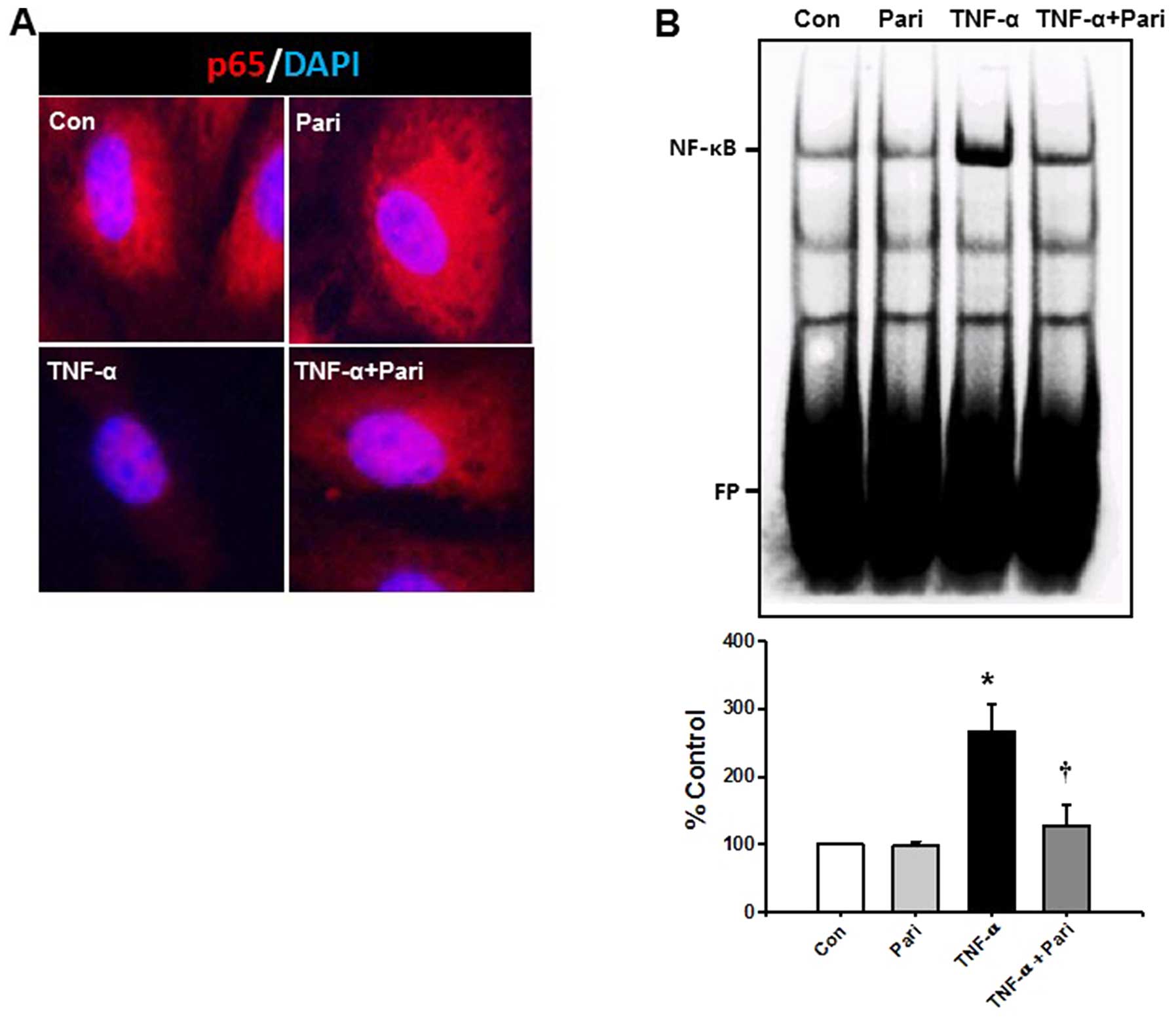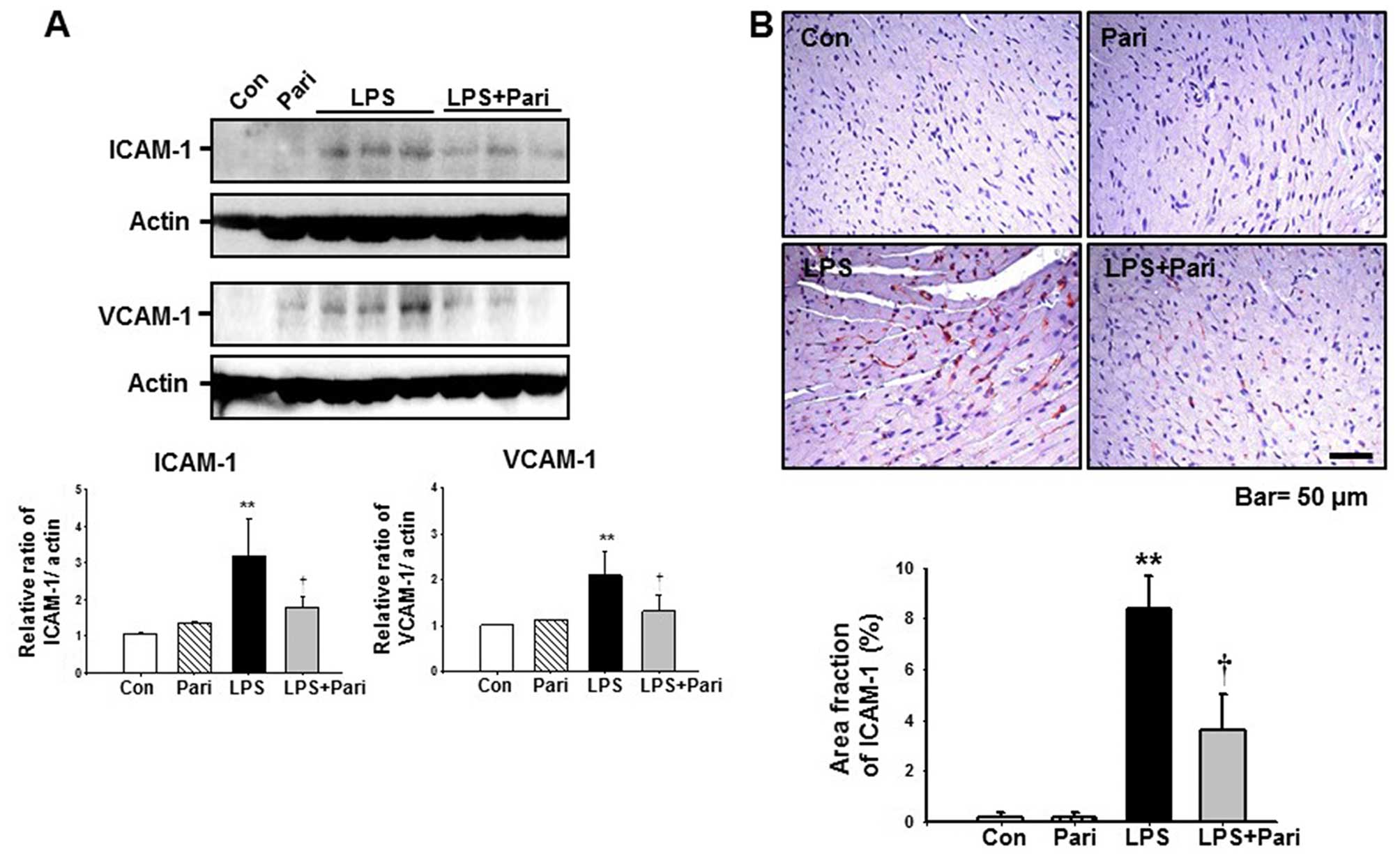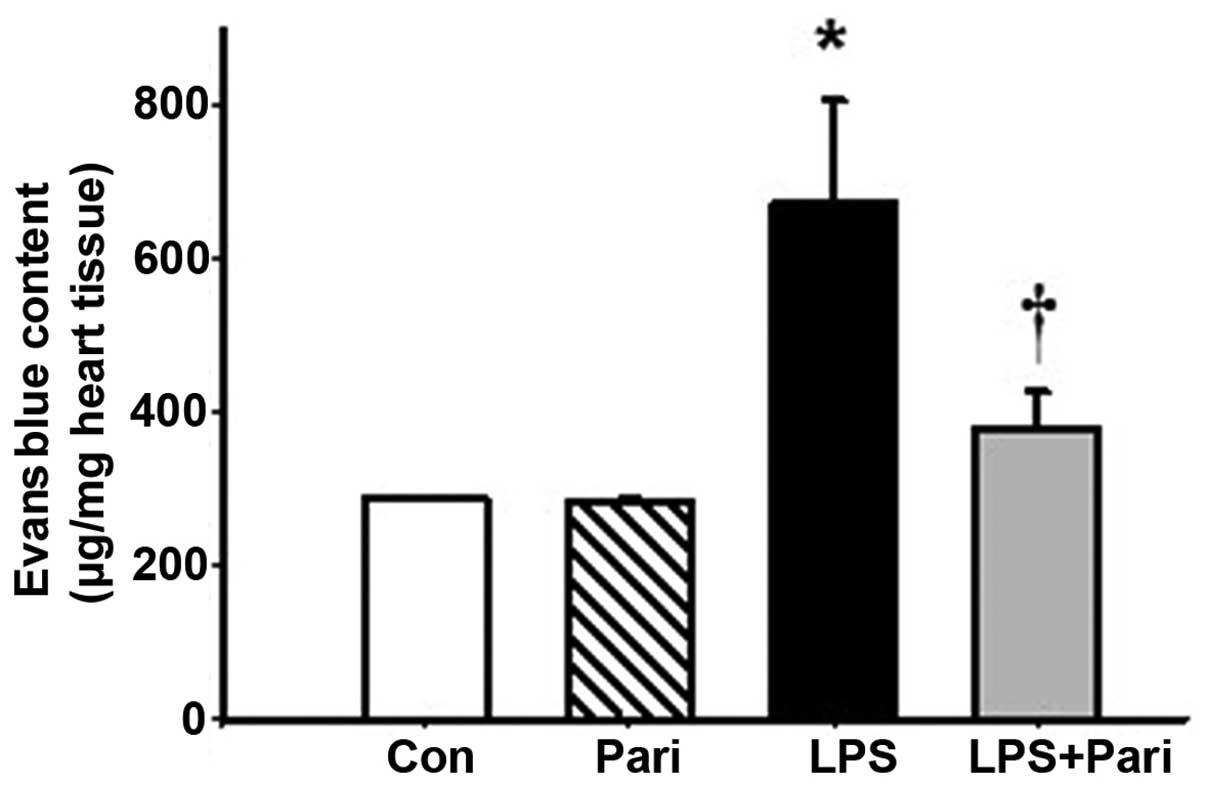|
1
|
Lips P: Worldwide status of vitamin D
nutrition. J Steroid Biochem Mol Biol. 121:297–300. 2010.
View Article : Google Scholar : PubMed/NCBI
|
|
2
|
Faulkner KA1, Cauley JA, Zmuda JM,
Landsittel DP, Newman AB, Studenski SA, Redfern MS, Ensrud KE, Fink
HA, Lane NE and Nevitt MC: Higher 1,25-dihydroxyvitamin D3
concentrations associated with lower fall rates in older
community-dwelling women. Osteoporos Int. 17:1318–1328. 2006.
View Article : Google Scholar : PubMed/NCBI
|
|
3
|
Bischoff-Ferrari HA, Dietrich T, Orav EJ
and Dawson-Hughes B: Positive association between 25-hydroxy
vitamin D levels and bone mineral density: a population-based study
of younger and older adults. Am J Med. 116:634–639. 2004.
View Article : Google Scholar : PubMed/NCBI
|
|
4
|
Thacher TD and Clarke BL: Vitamin D
insufficiency. Mayo Clinic proceedings. Mayo Clin. 86:50–60. 2011.
View Article : Google Scholar
|
|
5
|
Bjelakovic G, Gluud LL, Nikolova D,
Whitfield K, Krstic G, Wetterslev J and Gluud C: Vitamin D
supplementation for prevention of cancer in adults. Cochrane
Database Syst Rev. 6:CD0074692014.PubMed/NCBI
|
|
6
|
Bjelakovic G, Gluud LL, Nikolova D,
Whitfield K, Wetterslev J, Simonetti RG, Bjelakovic M and Gluud C:
Vitamin D supplementation for prevention of mortality in adults.
Cochrane Database Syst Rev. 1:CD0074702014.PubMed/NCBI
|
|
7
|
Bae S, Yalamarti B, Ke Q, Choudhury S, Yu
H, Karumanchi SA, Kroeger P, Thadhani R and Kang PM: Preventing
progression of cardiac hypertrophy and development of heart failure
by paricalcitol therapy in rats. Cardiovasc Res. 91:632–639. 2011.
View Article : Google Scholar : PubMed/NCBI
|
|
8
|
Bodyak N, Ayus JC, Achinger S,
Shivalingappa V, Ke Q, Chen YS, Rigor DL, Stillman I, Tamez H,
Kroeger PE, et al: Activated vitamin D attenuates left ventricular
abnormalities induced by dietary sodium in Dahl salt-sensitive
animals. Proc Natl Acad Sci USA. 104:16810–16815. 2007. View Article : Google Scholar : PubMed/NCBI
|
|
9
|
Zittermann A: Vitamin D and cardiovascular
disease. Anticancer Res. 34:4641–4648. 2014.PubMed/NCBI
|
|
10
|
Dauphinee SM and Karsan A:
Lipopolysaccharide signaling in endothelial cells. Lab Invest.
86:9–22. 2006. View Article : Google Scholar
|
|
11
|
Rudiger A and Singer M: Mechanisms of
sepsis-induced cardiac dysfunction. Crit Care Med. 35:1599–1608.
2007. View Article : Google Scholar : PubMed/NCBI
|
|
12
|
Lee JE, Lee AS, Kim DH, Jung YJ, Lee S,
Park BH, Lee SH, Park SK, Kim W and Kang KP: Janex-1, a JAK3
inhibitor, ameliorates tumor necrosis factor-α-induced expression
of cell adhesion molecules and improves myocardial vascular
permeability in endotoxemic mice. Int J Mol Med. 29:864–870.
2012.PubMed/NCBI
|
|
13
|
Dyer CA: Safety and tolerability of
paricalcitol in patients with chronic kidney disease. Expert Opin
Drug Saf. 12:717–728. 2013. View Article : Google Scholar : PubMed/NCBI
|
|
14
|
Lindberg J, Martin KJ, González EA,
Acchiardo SR, Valdin JR and Soltanek C: A long-term, multicenter
study of the efficacy and safety of paricalcitol in end-stage renal
disease. Clin Nephrol. 56:315–323. 2001.PubMed/NCBI
|
|
15
|
Llach F, Keshav G, Goldblat MV, Lindberg
JS, Sadler R, Delmez J, Arruda J, Lau A and Slatopolsky E:
Suppression of parathyroid hormone secretion in hemodialysis
patients by a novel vitamin D analogue:
19-nor-1,25-dihydroxyvitamin D2. Am J Kidney Dis. 32(Suppl 2):
S48–S54. 1998. View Article : Google Scholar : PubMed/NCBI
|
|
16
|
Coyne D, Acharya M, Qiu P, Abboud H,
Batlle D, Rosansky S, Fadem S, Levine B, Williams L, Andress DL and
Sprague SM: Paricalcitol capsule for the treatment of secondary
hyperparathyroidism in stages 3 and 4 CKD. Am J Kidney Dis.
47:263–276. 2006. View Article : Google Scholar : PubMed/NCBI
|
|
17
|
Park JW, Bae EH, Kim IJ, Ma SK, Choi C,
Lee J and Kim SW: Paricalcitol attenuates cyclosporine-induced
kidney injury in rats. Kidney Int. 77:1076–1085. 2010. View Article : Google Scholar : PubMed/NCBI
|
|
18
|
Tan X, Wen X and Liu Y: Paricalcitol
inhibits renal inflammation by promoting vitamin D
receptor-mediated sequestration of NF-kappaB signaling. J Am Soc
Nephrol. 19:1741–1752. 2008. View Article : Google Scholar : PubMed/NCBI
|
|
19
|
Kang KP, Kim DH, Jung YJ, Lee AS, Lee S,
Lee SY, Jang KY, Sung MJ, Park SK and Kim W: Alpha-lipoic acid
attenuates cisplatin-induced acute kidney injury in mice by
suppressing renal inflammation. Nephrol Dial Transplant.
24:3012–3020. 2009. View Article : Google Scholar : PubMed/NCBI
|
|
20
|
Matsuda N and Hattori Y: Vascular biology
in sepsis: pathophysiological and therapeutic significance of
vascular dysfunction. J Smooth Muscle Res. 43:117–137. 2007.
View Article : Google Scholar : PubMed/NCBI
|
|
21
|
Opal SM and van der Poll T: Endothelial
barrier dysfunction in septic shock. J Intern Med. 277:277–293.
2015. View Article : Google Scholar
|
|
22
|
Sung MJ, Kim W, Ahn SY, Cho CH, Koh GY,
Moon SO, Kim DH, Lee S, Kang KP, Jang KY and Park SK: Protective
effect of alpha-lipoic acid in lipopolysaccharide-induced
endothelial fractalkine expression. Circ Res. 97:880–890. 2005.
View Article : Google Scholar : PubMed/NCBI
|
|
23
|
Aird WC: The role of the endothelium in
severe sepsis and multiple organ dysfunction syndrome. Blood.
101:3765–3777. 2003. View Article : Google Scholar : PubMed/NCBI
|
|
24
|
Donate-Correa J, Domínguez-Pimentel V,
Méndez-Pérez ML, Muros-de-Fuentes M, Mora-Fernández C, Martín-Núñez
E, Cazaña-Pérez V and Navarro-González JF: Selective vitamin D
receptor activation as anti-inflammatory target in chronic kidney
disease. Mediators Inflamm. 2014(670475)2014. View Article : Google Scholar : PubMed/NCBI
|
|
25
|
Andress D: Nonclassical aspects of
differential vitamin D receptor activation: implications for
survival in patients with chronic kidney disease. Drugs.
67:1999–2012. 2007. View Article : Google Scholar : PubMed/NCBI
|
|
26
|
Watkins RR, Yamshchikov AV, Lemonovich TL
and Salata RA: The role of vitamin D deficiency in sepsis and
potential therapeutic implications. J Infect. 63:321–326. 2011.
View Article : Google Scholar : PubMed/NCBI
|
|
27
|
Liu PT, Stenger S, Li H, Wenzel L, Tan BH,
Krutzik SR, Ochoa MT, Schauber J, Wu K, Meinken C, et al: Toll-like
receptor triggering of a vitamin D-mediated human antimicrobial
response. Science. 311:1770–1773. 2006. View Article : Google Scholar : PubMed/NCBI
|
|
28
|
Lee JW, Kim SC, Ko YS, Lee HY, Cho E, Kim
MG, Jo SK, Cho WY and Kim HK: Renoprotective effect of paricalcitol
via a modulation of the TLR4-NF-κB pathway in
ischemia/reperfusion-induced acute kidney injury. Biochem Biophys
Res Commun. 444:121–127. 2014. View Article : Google Scholar : PubMed/NCBI
|
|
29
|
Jeng L, Yamshchikov AV, Judd SE, Blumberg
HM, Martin GS, Ziegler TR and Tangpricha V: Alterations in vitamin
D status and anti-microbial peptide levels in patients in the
intensive care unit with sepsis. J Transl Med. 7(28)2009.
View Article : Google Scholar : PubMed/NCBI
|


















